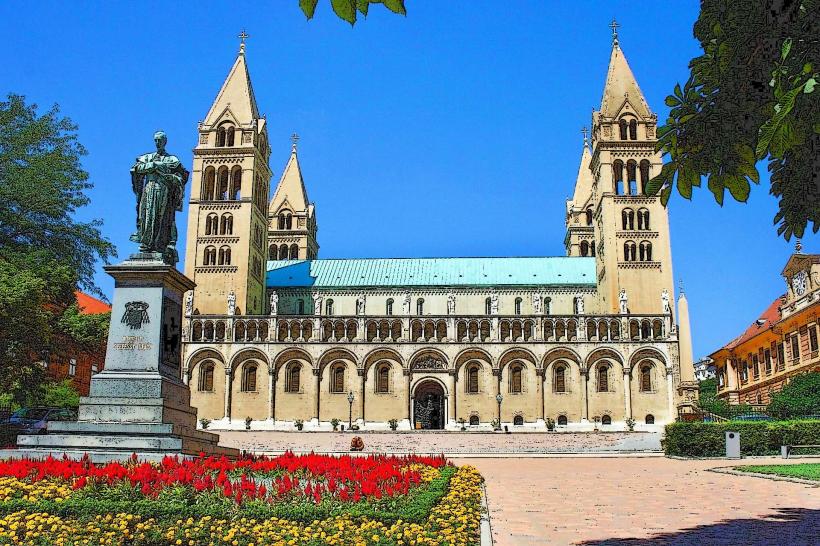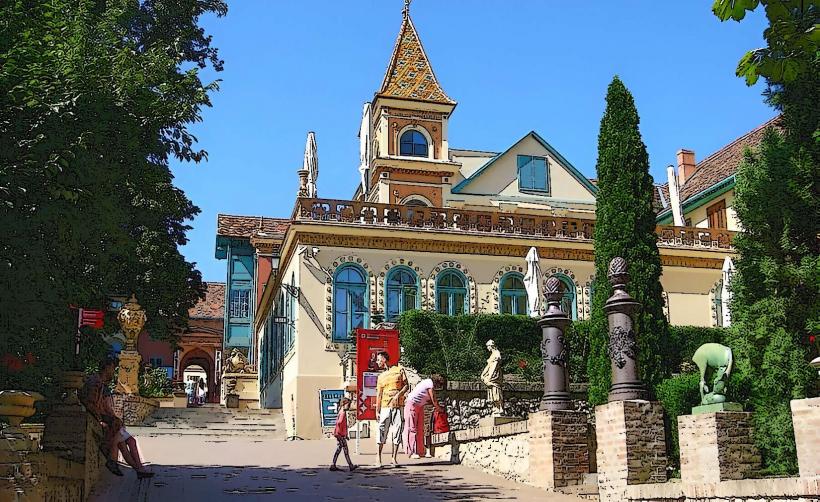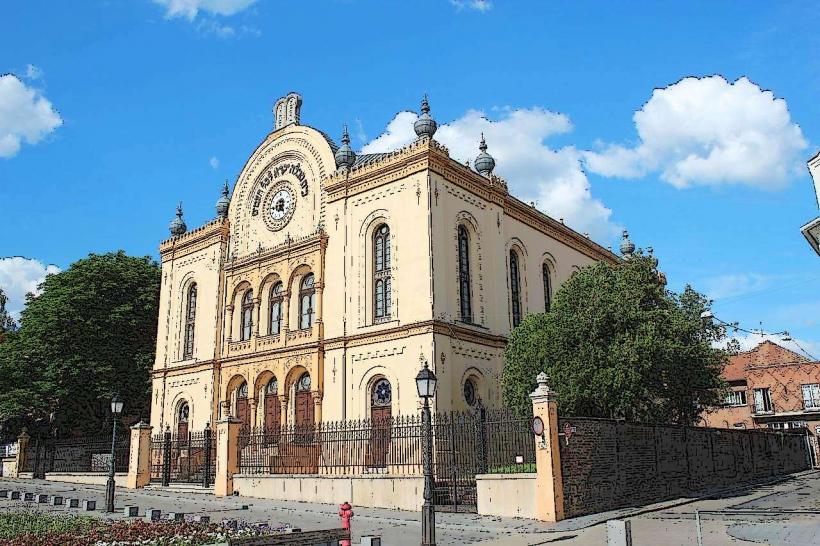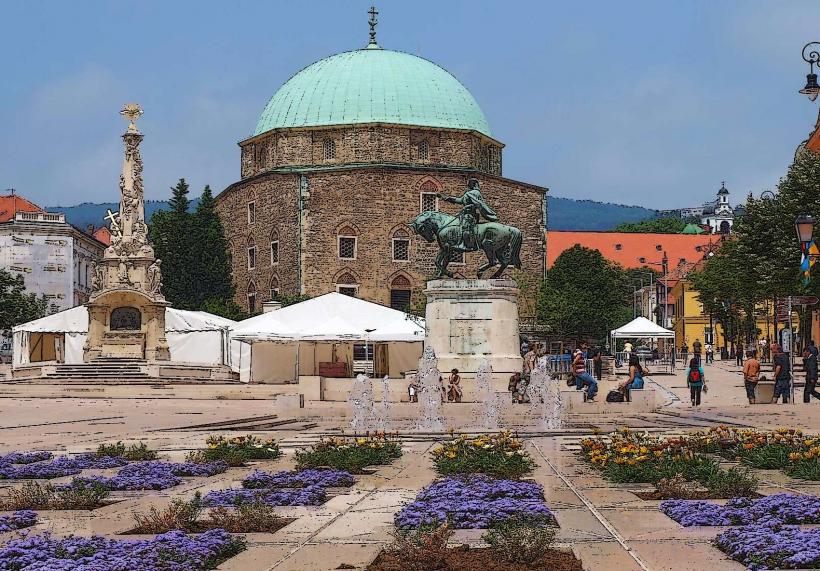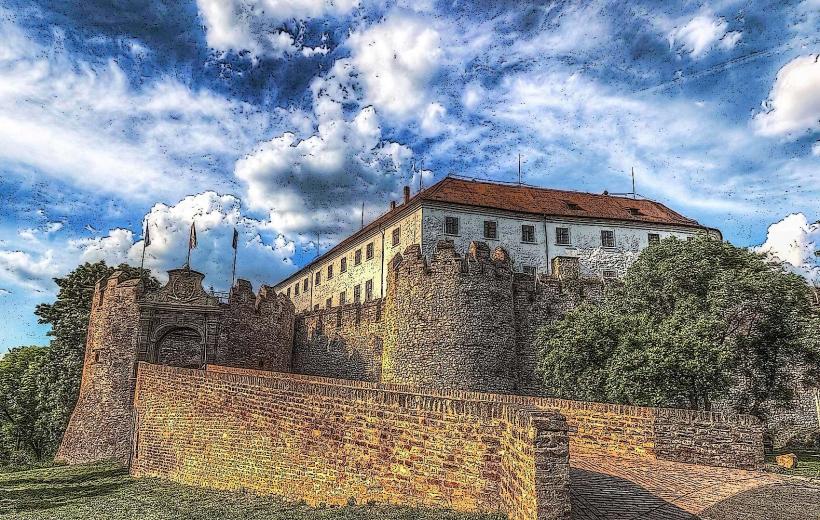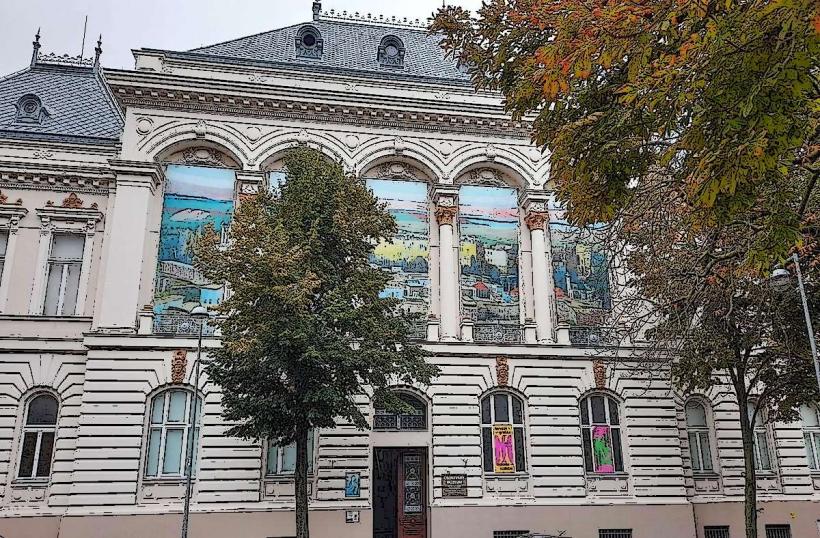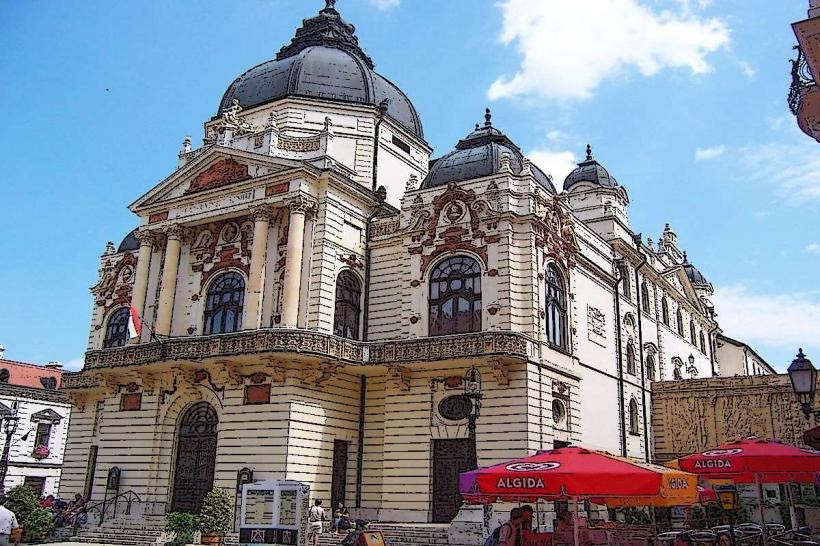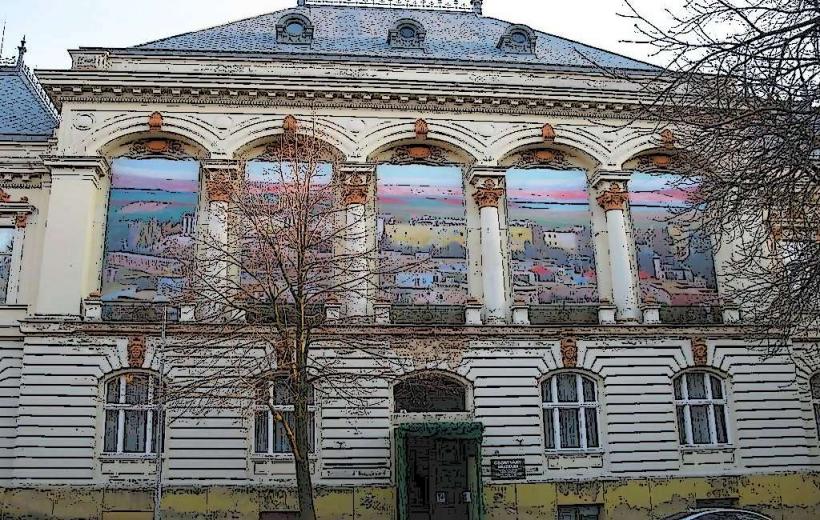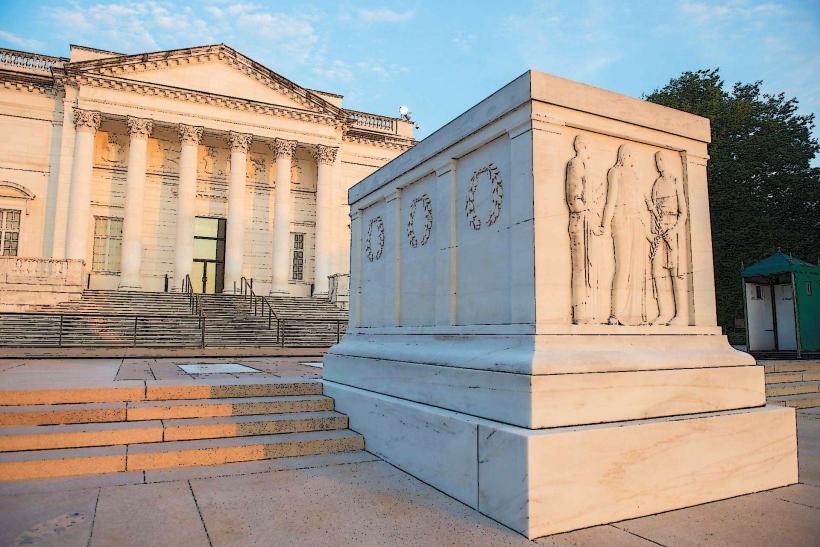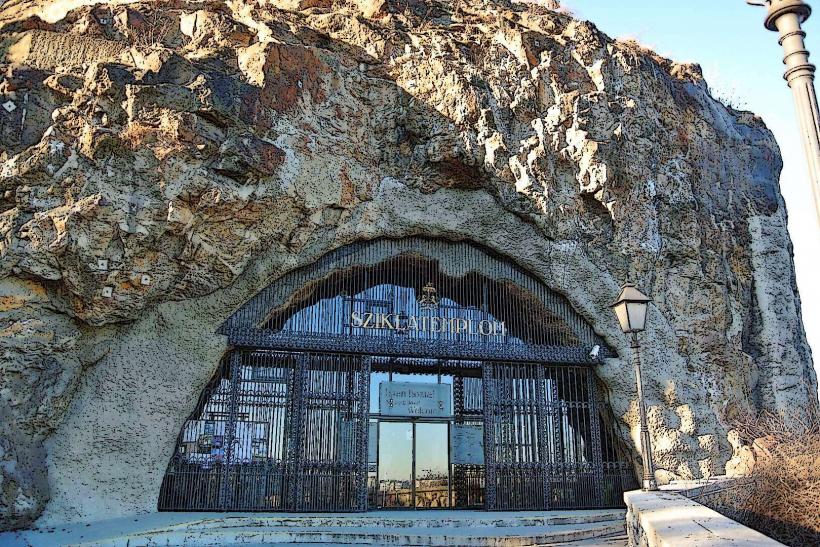Information
Landmark: Early Christian MausoleumCity: Pecs
Country: Hungary
Continent: Europe
Early Christian Mausoleum, Pecs, Hungary, Europe
The Early Christian Mausoleum in Pécs is a significant historical and archaeological site, located within the Pécs Early Christian Necropolis, a UNESCO World Heritage Site. This mausoleum, dating back to the 4th century, offers a unique glimpse into the early Christian period in Hungary and serves as one of the most important early Christian monuments in the country.
Historical Background
- The mausoleum is part of the Early Christian Necropolis, a vast burial site discovered beneath Pécs' city center, which dates from the 4th to the 5th centuries. The site contains numerous burial chambers, tombs, and frescoes, providing valuable insights into the early Christian community that lived in the region.
- Pécs (then known as Sopianae) was an important center of Christianity in the Roman Empire, and the mausoleum was likely built as a burial place for Christian dignitaries, including local bishops or wealthy patrons who had converted to Christianity.
Structure and Design
- The Early Christian Mausoleum is a small, square-shaped building constructed of brick and stone, typical of Roman and early Christian architecture. The mausoleum consists of a main chamber and several small burial niches.
- Frescoes: The walls of the mausoleum are decorated with early Christian frescoes. These paintings depict various religious themes, such as Christ’s resurrection, biblical scenes, and symbols of the Christian faith. The frescoes are remarkable for their simplicity and the way they convey Christian messages, reflecting the transition from Roman paganism to Christianity.
- Altar and Burial Niches: The mausoleum contains an altar and burial niches where the remains of the deceased were placed. The arrangement of the niches suggests that the mausoleum was meant for an elite Christian group. It is believed that several bishops or prominent Christians were interred here, although the specific identities of those buried in the mausoleum remain unknown.
- The central burial chamber likely housed a large tomb, with the remains of a person of importance in early Christianity, perhaps a bishop or other religious leader.
Cultural Significance
- The Early Christian Mausoleum is one of the few remaining examples of early Christian burial architecture in Europe and provides essential evidence of the spread of Christianity in the Roman provinces. It also reflects the customs and beliefs of early Christians regarding death and the afterlife.
- The frescoes and the overall design of the mausoleum give scholars valuable insight into the artistic and religious evolution of early Christianity. The use of symbolic motifs, such as the Good Shepherd and biblical scenes, shows the development of Christian iconography in the 4th century.
Visiting the Mausoleum
- The mausoleum is part of the Pécs Early Christian Necropolis, which includes several other important early Christian monuments, such as the Early Christian tombs and the Bishop's Mausoleum. It is situated near the Pecs-cathedral_pecs" class="underline">Pécs Cathedral and can be easily reached by visitors interested in exploring the city's rich early Christian heritage.
- The mausoleum is often visited by those touring the UNESCO World Heritage site, which also includes the Pécs Early Christian Burial Chambers and the Zsolnay Cultural Quarter.
Conclusion
The Early Christian Mausoleum in Pécs is a key part of Hungary’s early Christian heritage. With its historical significance, ancient frescoes, and connection to early Christian burial practices, it provides a fascinating window into the past, highlighting the early development of Christianity in Europe and the influence of Roman civilization on the Christian world. This mausoleum remains one of the most remarkable monuments in Pécs, offering both religious and historical insight into the early Christian era.

